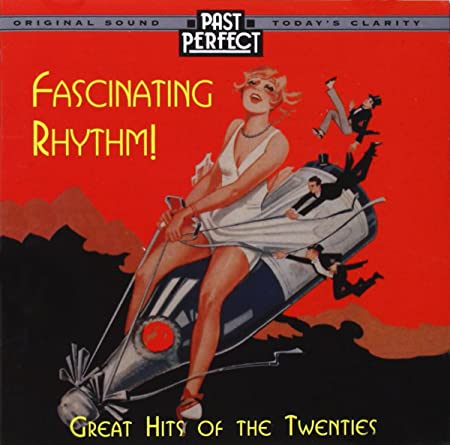CraigGA
Well-Known Member
They are the top duo! And even at number 5 it is a great achievement any way you slice it! I think that in 10 years the voice will overpass the public perception and the radio will reflect that in future listening.Found this site with interesting list. 70s music acts ranked according to total amount of weeks charting on the Hot 100 during that decade. Our duo checks in at #5 - makes you wonder why so many stations that proclaim to "play hits of the 70s", you seldom if ever hear a Carpenters song.
Who ruled the 70's: The 100 biggest acts of the decade in the USA


